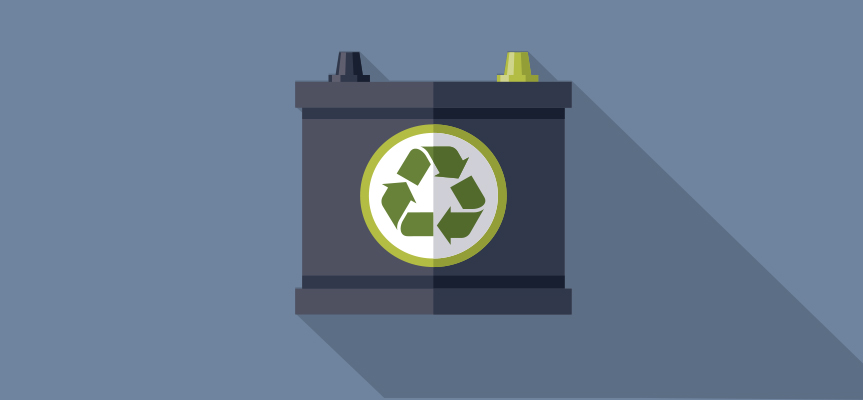Yes, lead-acid batteries can be recycled. In fact, they are one of the most recycled consumer products globally. The recycling process involves several steps:
- Collection: Used lead-acid batteries are collected from various sources, including automotive repair shops, recycling centers, and battery retailers.
- Crushing and Separation: The batteries are broken down into small pieces in a crushing machine. The broken pieces are then separated into their component materials, including lead, plastic, and sulfuric acid.
- Lead Smelting: The lead plates and other lead-containing components are melted in a furnace. During this process, impurities are removed, and the molten lead is formed into ingots.
- Plastic Recycling: The plastic casings of the batteries are cleaned and melted down to be reused in the production of new plastic products.
- Acid Neutralization: The sulfuric acid from the batteries is neutralized and treated to make it safe for disposal or reuse in other industrial processes.
Recycling lead-acid batteries is environmentally beneficial because it prevents the release of lead and other hazardous substances into the environment. It also conserves natural resources by recovering valuable materials like lead and plastic for reuse in new products. Many countries have regulations in place to encourage or mandate the recycling of lead-acid batteries to minimize environmental pollution and maximize resource efficiency.


